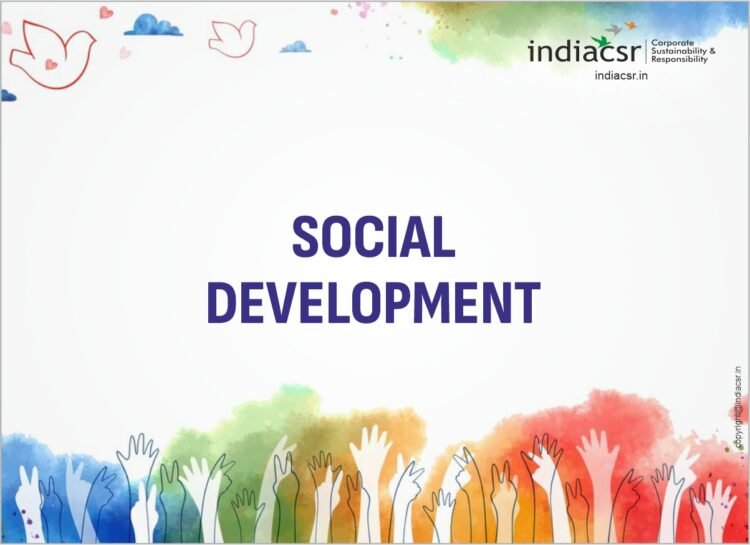- Social development is a process of change that improves the well-being of individuals and groups in society by addressing various aspects such as poverty, inequality, human rights, gender equality, and environmental sustainability.
- Social development plays a vital role in achieving sustainable development. It has been promoting the realization of human potential and dignity, fostering social inclusion and cohesion, enhancing social capital and innovation, and contributing to economic growth and environmental protection.
Social development is a broad and multidimensional concept that refers to the improvement of the well-being of individuals and groups in society. It encompasses various aspects such as poverty eradication, social inclusion, social protection, social justice, human rights, gender equality, and environmental sustainability. Social development is closely linked to the economic and environmental dimensions of sustainable development, as well as to the achievement of the 17 Sustainable Development Goals (SDGs) adopted by the United Nations in 2015.
Characteristics of Social Development
Some of the main characteristics of social development are:
- It is a process of change that involves the interaction of social, cultural, political, and economic factors.
- It is a normative concept that reflects the values and aspirations of society, such as dignity, equity, diversity, and participation.
- It is a holistic concept that considers the interrelatedness and interdependence of various aspects of human well-being, such as health, education, work, and security.
- It is a dynamic concept that adapts to the changing needs and contexts of society, such as globalization, urbanization, migration, and technology.
- It is a participatory concept that involves the active engagement and empowerment of all stakeholders, such as individuals, communities, civil society, governments, and international organizations.
Role of Social Development
Social development plays a vital role in achieving sustainable development for several reasons:
It addresses the root causes and consequences of poverty and inequality, which are major challenges for human development and social cohesion.
- It promotes the realization of human rights and human dignity, which are essential for human potential and social progress.
- It fosters social inclusion and social cohesion, which are key for social stability and peace.
- It enhances social capital and social innovation, which are important for social resilience and transformation.
- It contributes to economic growth and environmental protection, which are necessary for social prosperity and sustainability.
Social development, vital for sustainability, comes with its challenges and opportunities. Understanding them is key for effective change strategies.
Impact of Social Development
Social development has a significant impact on various aspects of society, such as:
- Individuals: Social development improves the quality of life and well-being of individuals by enhancing their access to basic services, opportunities, and resources. It also strengthens their capacities, skills, and confidence to participate in social and economic activities.
- Groups: Social development supports the empowerment and participation of marginalized and vulnerable groups, such as women, children, youth, elderly, persons with disabilities, ethnic minorities, indigenous peoples, refugees, and migrants. It also fosters the recognition and respect of their rights, identities, cultures, and contributions to society.
- Society: Social development enhances the social cohesion and harmony of society by reducing the gaps and disparities between different groups. It also promotes the values and principles of democracy, justice, solidarity, and cooperation among all members of society.
Copyright@ India CSR







